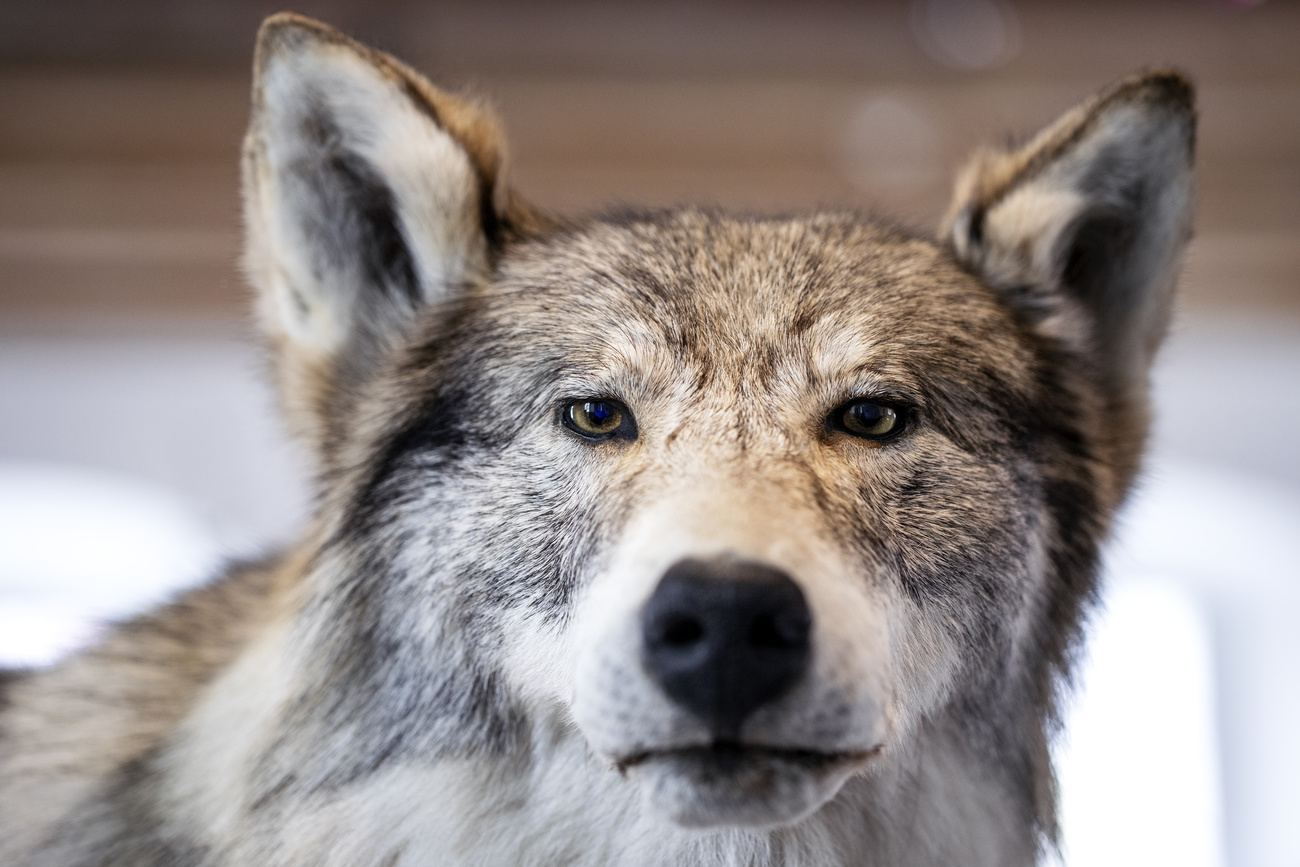
Wolves can be shot before they kill

Parliament has approved changes to Switzerland’s hunting law under which wolves can be culled preventively if they are deemed to pose a threat to livestock.
The House of Representatives on Tuesday ironed out remaining differences and adopted the changes. By 104 votes to 84, it agreed with the Senate on who should define the principles governing the protection of flocks. This will be the responsibility of the federal government in consultation with the cantons.
Current legislation only allows for the regulation of the wolf after it has attacked a certain number of animals. During the debates, many right-wing politicians pointed out the increasing danger that wolves pose to livestock but also for humans.
Switzerland currently has some 180 wolves and at least 20 packs. It is estimated that their population could double in three years.
The revised law provides that the culling of packs or parts of packs will be permitted where agriculture is threatened. Game wardens will also be able to shoot wolves that approach inhabited areas and humans in a threatening manner, or against which flock protection measures are ineffective.
The cantons will no longer have to prove the extent of damage but will have to justify the control measures and their objectives. They will have to obtain the approval of the Federal Office for the Environment before culling wolves. Shooting to regulate the wolf will be authorized from September 1 to January 31.

More
More than 1,000 wolf attacks expected this year

In compliance with the JTI standards
More: SWI swissinfo.ch certified by the Journalism Trust Initiative






























You can find an overview of ongoing debates with our journalists here . Please join us!
If you want to start a conversation about a topic raised in this article or want to report factual errors, email us at english@swissinfo.ch.